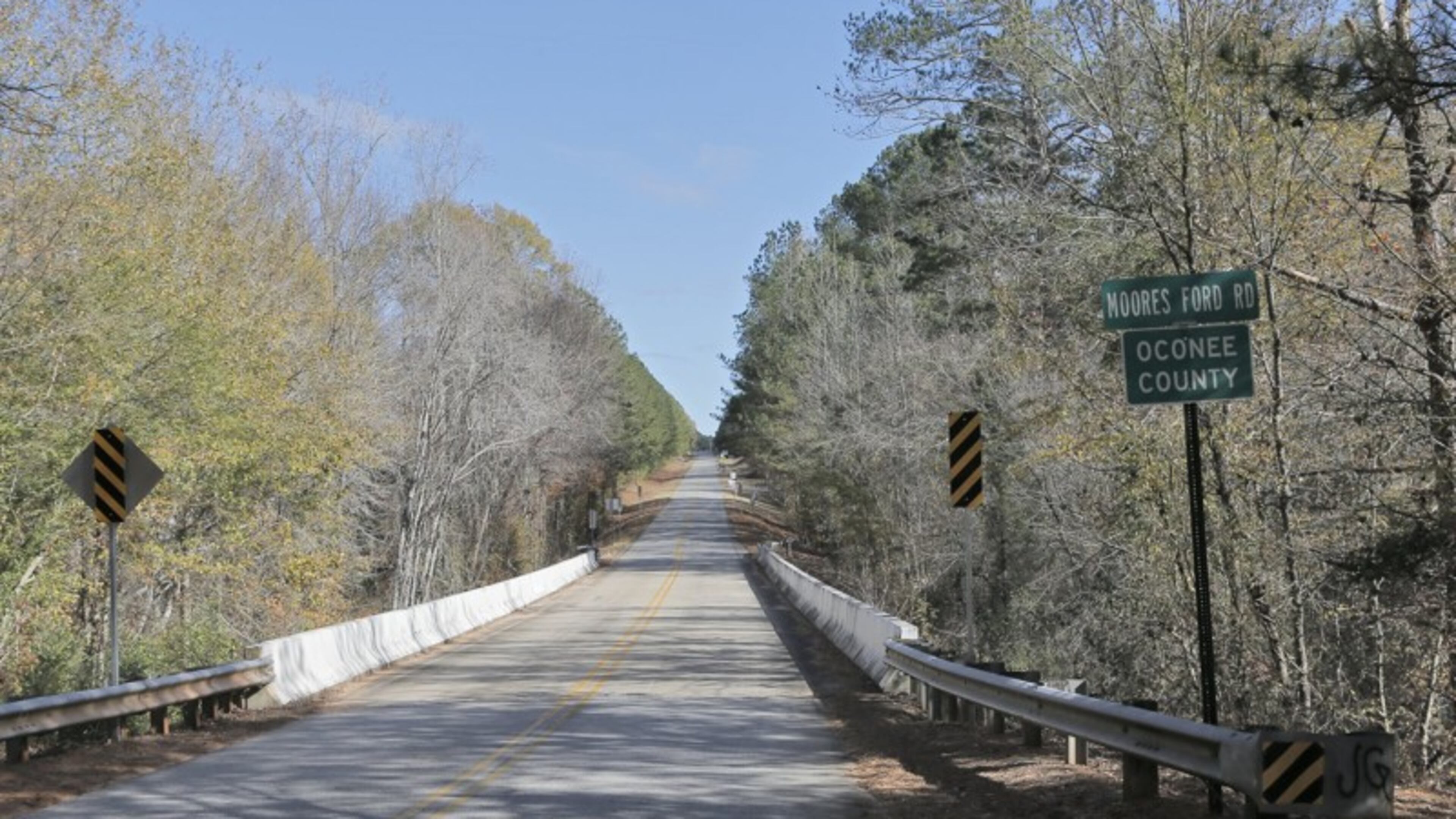An ex-Georgia governor's possible link to an unsolved lynching

Our AJC colleague Brad Schrade scored a mighty scoop this morning: He revealed that the Georgia Bureau of Investigation is preparing to officially close its probe of the 1946 Moore's Ford lynching case, meaning that the nation's lass mass lynching will likely come to an end without anyone held accountable.
The GBI's pending decision comes after the FBI quietly closed its investigation into the lynch mob that shot and killed two black couples in east Georgia. These paragraphs from Schrade's story tell us what prompted the move:
"We do not have any leads to pursue," said GBI Director Vernon Keenan. "The targets of the investigation are all dead."
The state's investigation was launched in 2000 by former Gov. Roy Barnes, prodded by a biracial group of citizens who organized to memorialize the victims and interviews with a dying man who came forward to say he had witnessed some of the mob's actions.
But another ex-Georgia governor also may have a part in this story.
FBI files released 10 years ago show that federal agents investigated suspicions that Eugene Talmadge may have sanctioned the murders to sway rural white voters during a tough election campaign. The files made no conclusions about his role, and his relatives have said he was not involved.
He came under FBI scrutiny because of a visit he made to the north Georgia town of Monroe two days before the Democratic gubernatorial primary and a day after a highly charged racial incident there, a fight in which a black sharecropper stabbed and severely wounded a white farmer. The sharecropper was one of the four people who would later be lynched.
In a report sent to FBI Director J. Edgar Hoover, the agent in charge of the investigation said Talmadge met with George Hester, the brother of the stabbed farmer. Citing an unconfirmed witness statement, the agent said Talmadge offered immunity to anyone "taking care of negro."
While the agent dismissed the notion of Talmadge's involvement as "unbelievable," he said it still merited investigation. Other memos raised suspicions that state employees could even have been active participants in the lynching.
FBI agents took note of the political stakes. Talmadge faced a tough challenge in the Democratic primary _ which was then tantamount to the general election _ and Walton County was still up for grabs.
Talmadge eventually won the county by roughly 200 votes, with overwhelming support from the Blasingame District where the Hester family lived.
In the FBI memo to Hoover, the agent cited the opinion of Monroe assistant police chief Ed Williamson, who had spotted Talmadge meeting in front of the Walton County Courthouse with the brother of the stabbed farmer.
"The opinion on Mr. Williamson's part was that this conversation between Talmadge and Hester probably resulted in the Blasingame District going very definitely in the Talmadge column," read the memo.
Votes from small rural counties played a crucial role in Georgia's elections then because primaries were decided by a "county unit system," similar to the electoral college, which minimized the impact of urban centers.
In fact, Talmadge's challenger, James V. Carmichael, actually received the most popular votes but lost the election because of Talmadge's strong support in rural areas.
Read Schrade's full story here. And stay tuned for Sunday when he reveals new details from the GBI's 17-year investigation into the still-unsolved killings.

